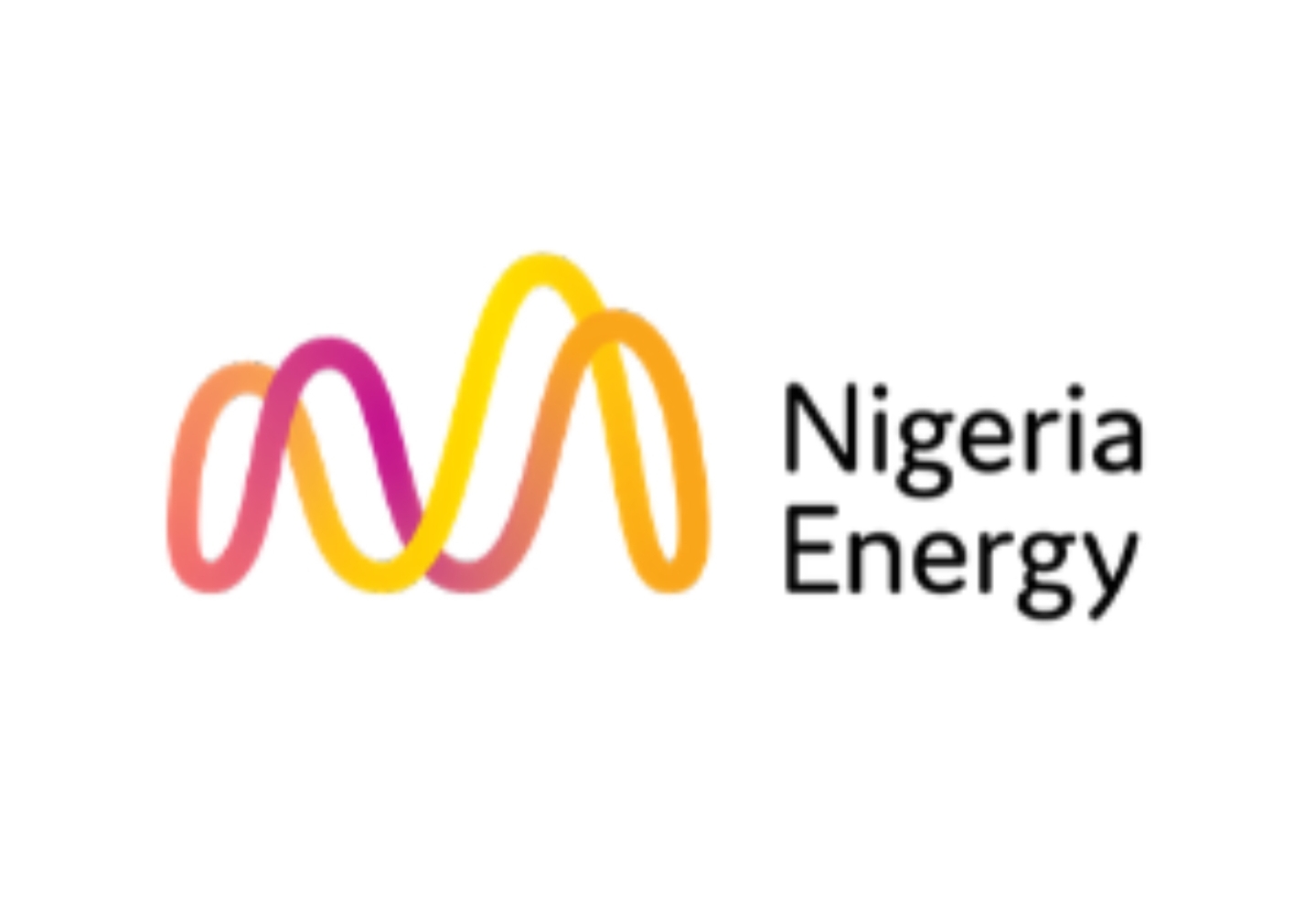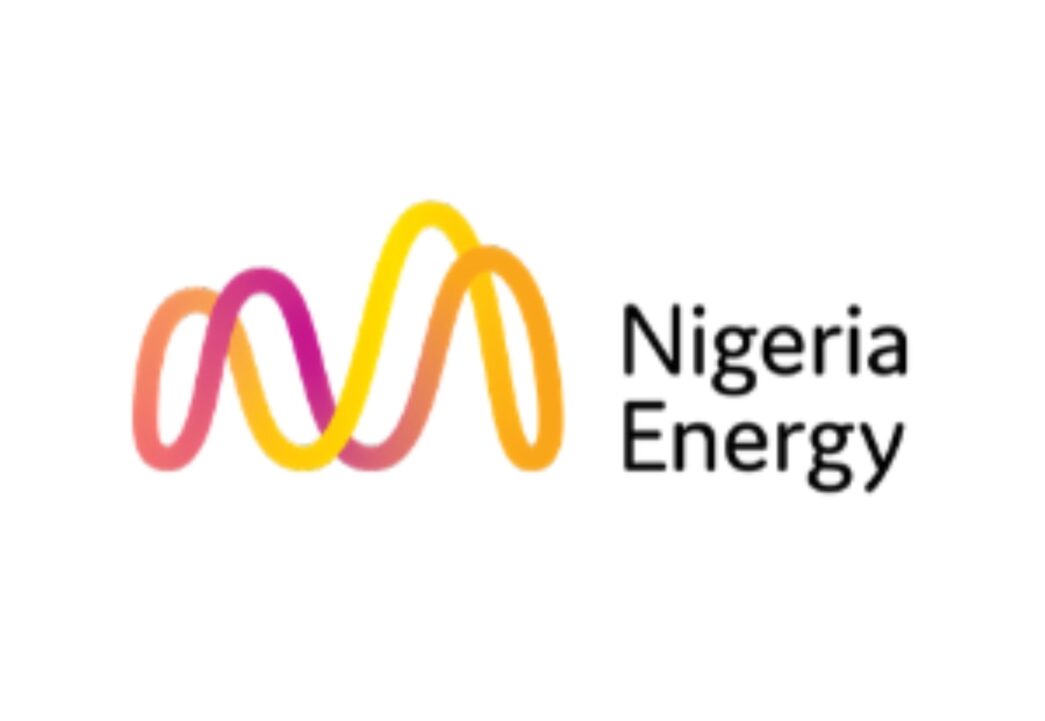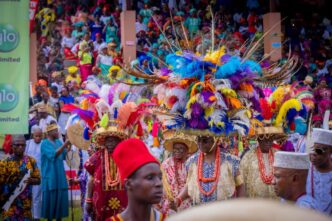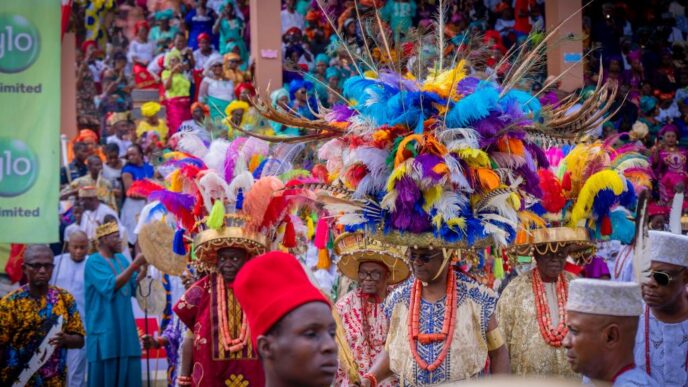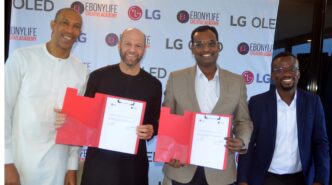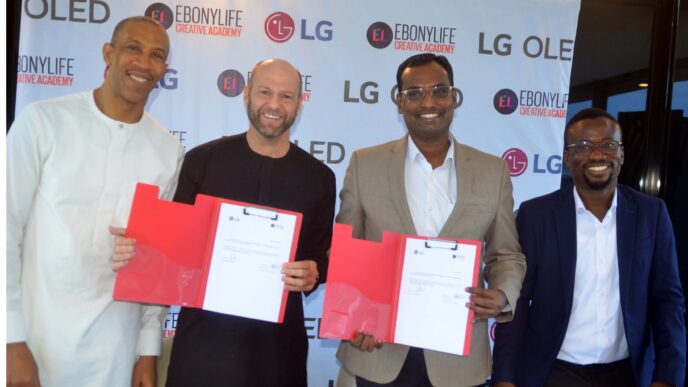West Africa is at a pivotal moment in its energy transformation. With abundant renewable energy resources — solar, wind, and hydropower — the region has the potential to lead the charge toward sustainable development while addressing its energy needs.
Despite this, the region still faces significant challenges in financing renewable energy projects, stalling progress towards sustainable energy. To unlock this potential requires more than just technical capacity; it needs strategic partnerships, collaborative efforts both from government and private organisations, and robust regulatory support to drive investment and long-term growth.
To leverage these opportunities, improving cross-border energy trade and interconnections could help increase access to reliable and affordable power for people and businesses in the region. Regional integration, supported by organisations like the Economic Community of West African States (ECOWAS), can promote cross-border energy trade, allowing countries with surplus renewable energy to supply those with deficits. This not only improves energy security but also creates a more resilient and interconnected power grid, enhancing reliability for businesses and communities across West Africa.
Evidently, West Africa lacks sufficient financial incentives for renewable energy projects. Unlike developed markets where tax credits, subsidies, and other incentives play a significant role in attracting investors, West African governments are still grappling with creating effective financial support systems that can spur renewable energy development. Without such incentives, renewable energy projects struggle to compete with conventional energy sources, making it harder to attract investors willing to take on the associated risks. Foreign direct investment (FDI) is crucial, but no single government or organisation can tackle the challenge alone. Partnerships between public and private sectors, development finance institutions (DFIs), and multilateral organisations are key to bridging the financing gap.
For instance, the World Bank’s support of large-scale solar projects in Burkina Faso, The Gambia, Mali, and Niger demonstrates how multilateral partnerships can drive renewable energy expansion. These 150-megawatt (MW) solar parks, part of the ECOWAS Master Plan, aim to contribute 600 MW of renewable capacity to the West African Power Pool (WAPP). Such projects serve as examples of how international cooperation can mobilize resources, encourage technology transfer, and promote capacity building in local markets.
Moreover, blended finance models, which combine public and private sector investments, can mitigate risks associated with renewable energy investments in emerging markets. By de-risking investments through guarantees and co-financing arrangements, blended finance attracts private capital to projects that would otherwise be considered too risky. This approach has already been successfully applied in other parts of Africa and could be instrumental in scaling up renewable energy projects in West Africa.
“To unlock the full potential of West Africa’s renewable energy resources, strategic partnerships and a supportive regulatory framework are paramount. Collaboration between governments, private sector players, and multilateral organizations is the key to overcoming financing hurdles and creating an enabling environment for long-term growth in the region’s energy sector. The Nigeria Energy Exhibition and Conference will serve as a critical platform to explore these synergies, providing practical solutions that will accelerate the region’s clean energy transition.” – Ade Yesufu, Exhibition Manager, Energy Portfolio – MEA, Informa Markets.
While partnerships and collaboration are essential, they must be supported by a robust regulatory framework that fosters investment and ensures project viability. Regulatory uncertainty remains one of the primary barriers to financing renewable energy projects in West Africa. Investors need clarity on issues like tariffs, grid access, and power purchase agreements (PPAs) to make informed decisions and commit capital to long-term projects. Nigeria, for instance, has taken steps in recent years with the Nigerian Electricity Regulatory Commission (NERC) introducing PPAs to encourage private sector investment in renewable energy. Such reforms need to be replicated across the region to create an investment-friendly landscape.
Governments and regulators in the region have a vital role to play in creating an enabling environment for renewable energy investments. This includes implementing policies that incentivise private sector participation, such as tax breaks, subsidies, and streamlined approval processes for renewable projects. Moreover, clear regulations around land use, grid interconnection, and energy pricing are essential to reducing transaction costs and ensuring that projects are both bankable and scalable.
The upcoming Nigeria Energy Exhibition and Conference will provide a platform to discuss regulatory challenges and identify solutions, with panel discussions addressing how local governments and regional bodies can create policy frameworks that encourage renewable energy projects, streamline regulatory approvals, and provide the financial incentives necessary to make projects more bankable. The Electricity Act 2023 already empowered state governments to play in some areas previously reserved for the Federal Government. How the Nigerian Electricity Supply Industry can maximise this opportunity is a critical discourse for power stakeholders.
The conference will also explore how technological advancements can reduce risks, improve energy access, and contribute to the energy transition. By fostering collaboration between governments, the private sector, and international stakeholders, the 2024 Nigeria Energy Exhibition and Conference will play a crucial role in addressing the financing challenges of renewable energy projects in West Africa. These discussions will be vital in identifying actionable solutions that drive investment and accelerate the region’s clean energy transition.
As the region continues to grapple with energy access issues, these partnerships, innovative financing solutions, and regulatory reforms can collectively ensure a sustainable, affordable, and reliable energy supply for all. The success of these initiatives will be critical to meeting West Africa’s renewable energy targets and advancing its development agenda.
Add a comment
